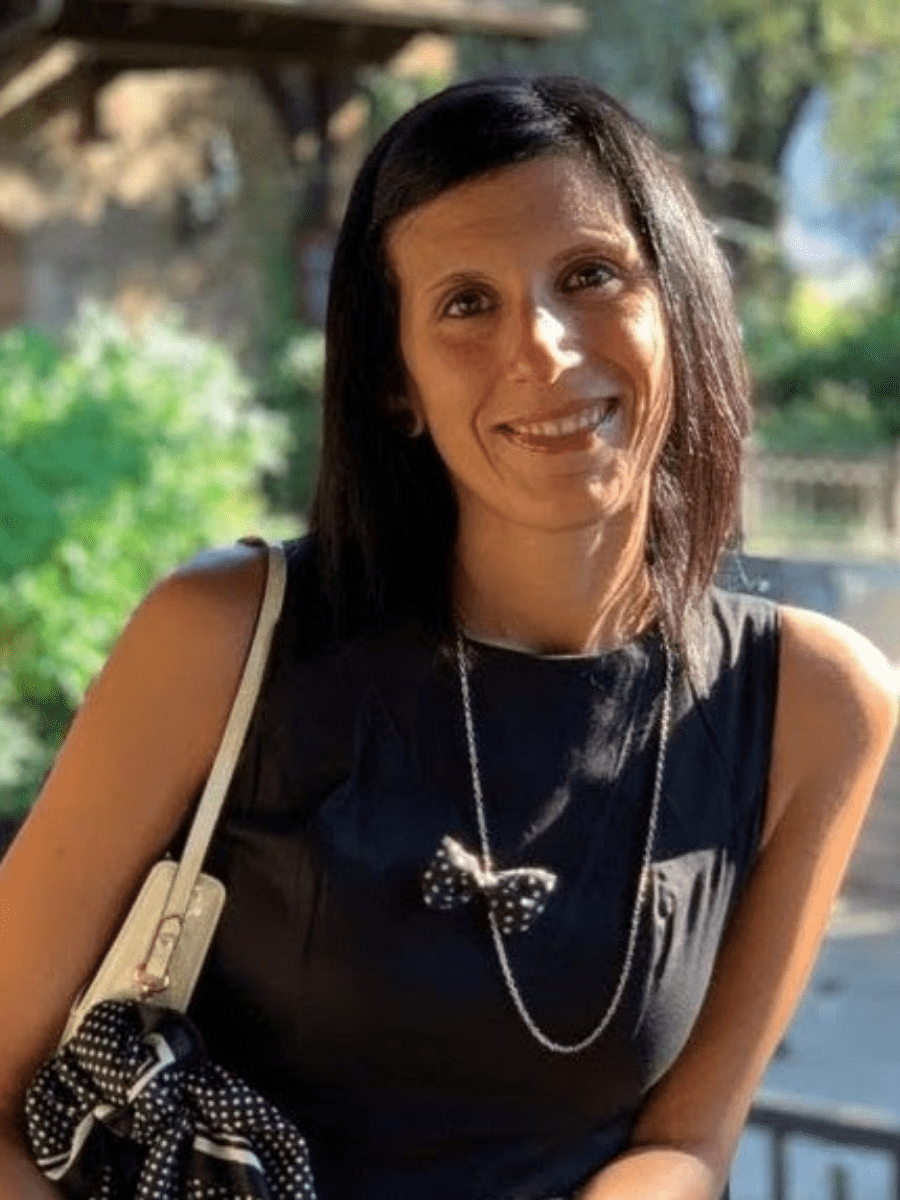Events

- This event has passed.
MICDE Seminar: Marta D`Elia, Principal Member of the Technical Staff, Sandia National Laboratories
March 14, 2022 @ 2:00 pm - 3:00 pm
Venue: Zoom Event

Bio: Marta D’Elia is a Principal Member of the Technical Staff at Sandia National Laboratories, where she works since 2014. She’s currently part of the Data Science and Computing group at the California site. She obtained her master degree in Mathematical Engineering at Politecnico of Milano with Prof. Quarteroni and she obtained her Ph.D in Applied Mathematics at Emory University with Prof. Veneziani. There, she worked on optimal control in CFD for cardiovascular applications. She was a postdoctoral fellow at Florida State University where she worked with Prof. Gunzburger on optimization and control for nonlocal and fractional models. She’s an associate editor of the SIAM Journal on Scientific Computing, Advances in Continuous and Discrete Models, Numerical Methods for PDEs, and the Journal of Peridynamics and Nonlocal Models. Also, she’s a co-founder of the One Nonlocal World project. Her interests include nonlocal modeling and simulation, optimization and optimal control, and scientific machine learning.
Scientific interests:
- Modeling and Computational aspects of Nonlocal and Fractional equations,
- Scientific Machine Learning,
- Optimization and Uncertainty Quantification.
DATA-DRIVEN LEARNING OF NONLOCAL MODELS: BRIDGING SCALES WITH NONLOCALITY
Nonlocal models are characterized by integral operators that embed length scales in their definition. As such, they are preferable to classical partial differential equation models in situations where the dynamics of a system is affected by the small scale behavior, yet the small scales would require prohibitive computational cost to be treated explicitly. In this sense, nonlocal models can be considered as coarse-grained, homogenized models that, without resolving the small scales, are still able to accurately capture the system’s global behavior. However, nonlocal models depend on “kernel functions” that are often hand tuned.
We propose to learn optimal kernel functions from high fidelity data by combining machine learning algorithms, known physics, and nonlocal theory. This combination guarantees that the resulting model is mathematically well-posed and physically consistent. Furthermore, by learning the operator rather than a surrogate for the solution, these models generalize well to settings that are different from the ones used during training. We apply this learning technique to find homogenized nonlocal models for subsurface solute transport solely on the basis of breakthrough curves.
We also apply the same kernel-learning technique to design new stable and resolution-independent deep neural networks, referred to as Nonlocal Kernel Networks (NKN). Stability of NKNs is obtained by imposing constraints derived from the nonlocal vector calculus, whereas deep training is performed by means of a shallow-to-deep initialization technique. We demonstrate the accuracy and stability of NKNs on PDE-learning and image-classification problems.
The MICDE Winter 2022 Seminar Series is open to all. University of Michigan faculty and students interested in computational modeling and machine learning are encouraged to attend.
This seminar is cohosted by the Michigan Institute for Computational Discovery (MICDE) and the Department of Mechanical Engineering. Dr. D`Elia will be hosted by Dr. Krishna Garikipati, Professor of Mechanical Engineering, and of Mathematics.
This is a virtual event and will be broadcasted online via Zoom. MICDE students and fellows, please use this form to record your attendance.
Questions? Email MICDE-events@umich.edu